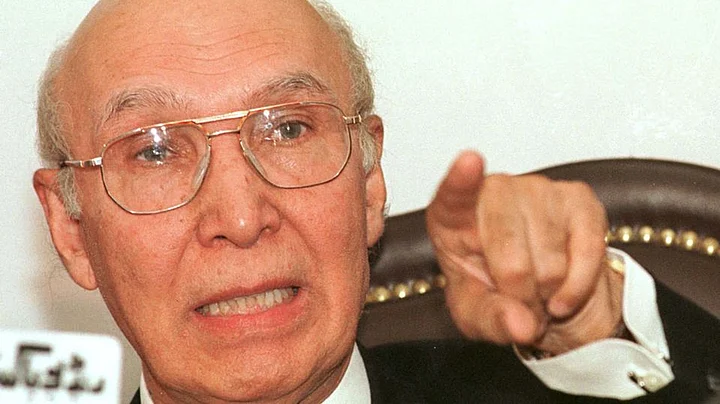Pakistan will approach the UN and the International Court of Justice if India suspends the 58-year-old Indus Waters Treaty, the country’s top diplomat Sartaj Aziz said on Tuesday, insisting that the revocation of the treaty can be taken as an “act of war”.
The international law states that India cannot unilaterally separate itself from the treaty.Sartaj Aziz, Foreign Affairs Advisor, Pakistan
He said unilateral revocation of the treaty can pose a threat to Pakistan and its economy. He said that if India violates the treaty, Pakistan can approach the International Court of Justice.
‘Any Such Move Will be Highly Irresponsible’
He further added that if India revoked the treaty, Aziz said Pakistan would treat that as “an act of war or a hostile act against Pakistan.”
“It’s highly irresponsible on part of India to even consider revocation of the Indus Water Treaty,” Aziz told the national assembly.
Aziz said India’s provocative posturing constitutes a breach of the Indus Water Treaty and “threats of a water war are part of a military, economic and diplomatic campaign to build pressure on Pakistan”, and deflect attention from civil unrest by the Muslim population in the Indian-ruled side of Kashmir.
Pakistan Will Approach the UN if India Revokes Treaty, Says Aziz
He also added that Pakistan is considering to draw attention of the international community on the dangers of such an action if it is considered seriously.
This Indian act can be taken as a breach of international peace and hence giving Pakistan a good reason to approach the UN Security Council... Between the two countries, this act of revocation can be taken as an act of war.
Prime Minister Narendra Modi on Monday chaired a review meeting of 56-year-old Indus Waters Treaty during which it was decided that India will “exploit to the maximum” the water of Pakistan-controlled rivers, including the Jhelum, as per the water-sharing pact.
The meeting came as India weighed its options to hit back at Pakistan in the aftermath of the Uri attack that left 19 soldiers dead, triggering demands that the government should scrap the water distribution pact to mount pressure on that country.
Under the treaty, which was signed by Prime Minister Jawaharlal Nehru and Pakistan President Ayub Khan in September 1960, water of six rivers – Beas, Ravi, Sutlej, Indus, Chenab and Jhelum – were to be shared between the two countries.
Pakistan has been complaining about not receiving enough water and has gone for international arbitration in a couple of cases.
(With inputs from PTI and Reuters.)
(At The Quint, we question everything. Play an active role in shaping our journalism by becoming a member today.)
